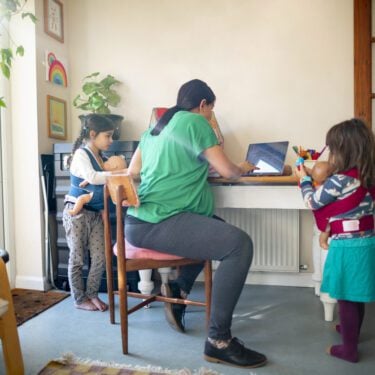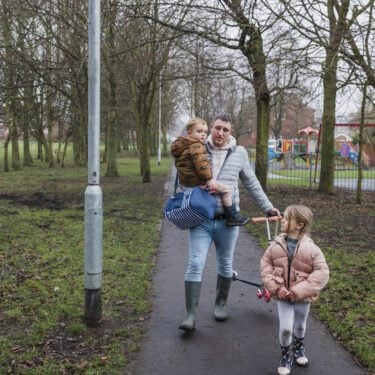-
Professor Anne PowerLondon School of Economics and Political Science
-
Laura LaneLondon School of Economics and Political Science
-
Ellie BentonLondon School of Economics and Political Science
-
AnnaMaria PavlopoulosLondon School of Economics and Political Science
-
Rudaynah AlshamraniLondon School of Economics and Political Science
Project overview
This project will explore the language and cultural barriers faced by racially diverse, non-native English speakers in social housing, their impact on housing and health outcomes, and the role of English as Secondary Language (ESOL) teaching and rights support in improving these outcomes.
Why this project is important
Significant inequalities exist within the UK housing system, disproportionately affecting ethnic minority households, who are more likely to live in older, overcrowded housing in deprived neighbourhoods. The consequences of living in poor housing can be extreme, including potentially negative impacts on health outcomes. Language and cultural barriers can limit people’s ability to live well within their homes. Ethnic minority households also face barriers to accessing services, such as repairs, wider support around employment and education, and health services.
Many social landlords manage problems reactively, relying on translators when a problem arises, rather than proactively working with non-native English speakers to help them navigate their tenancy.
What it will involve
The research team aim to improve our understanding of how language and cultural barriers impact social housing residents from racialised, non-native English-speaking backgrounds, in terms of their risk of arrears, poor housing quality, disrepair, isolation, and eviction. The project will involve:
- Literature reviews exploring the difficulties encountered in understanding and fulfilling obligations as tenants in social housing and how ESOL support can improve outcomes.
- Focus groups to explore pathways in and through housing services, language and cultural barriers, their perceived impacts, and the benefits of engaging with tenancy rights-based ESOL support.
- Interviews with staff and participants and observational visits to innovative examples of where ESOL teaching and/or support around tenancy rights are reducing barriers, to create a bank of examples.
How it will make a difference
Findings will be shared with key stakeholders including social housing providers, policymakers, community groups, and ESOL practitioners, including through a knowledge-exchange ‘Think Tank’.












































